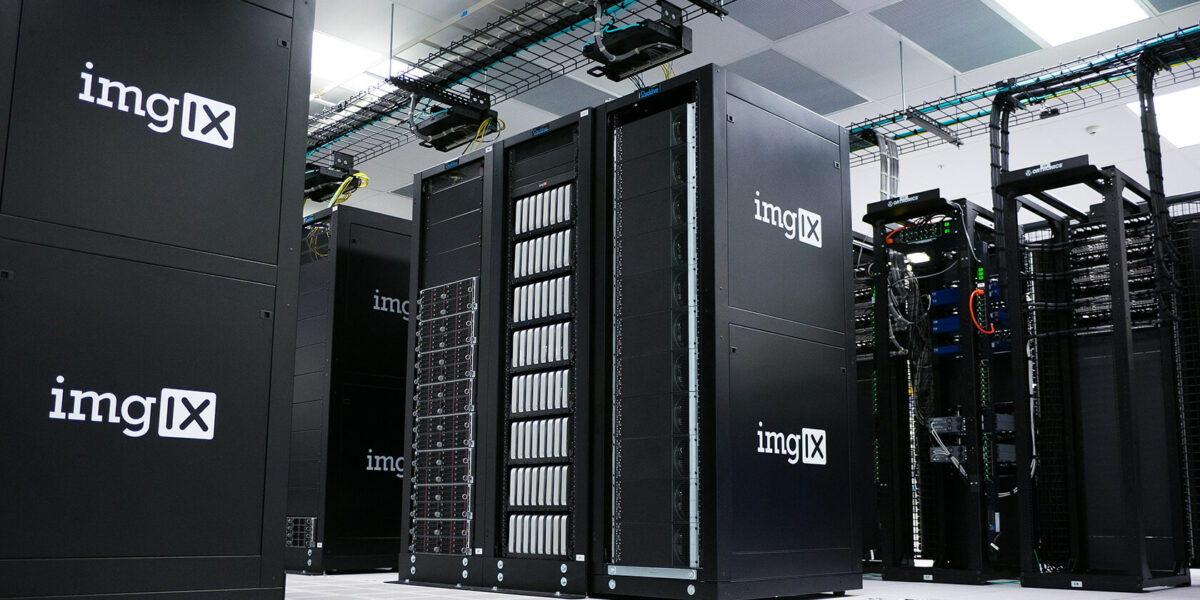In today’s fast-moving digital landscape, business logic is evolving at an unprecedented pace. What was once a set of predefined rules governing decision-making in traditional enterprise systems has now expanded into a dynamic, AI-driven, and automation-enhanced ecosystem. So, how do businesses adapt their logic for this digital age while ensuring efficiency, agility, and intelligence?

The Shift Toward Intelligent Decision-Making
Modern business logic is no longer static—it thrives on data, adapts to patterns, and embraces automation. Enterprises now rely on cognitive algorithms and AI-powered workflows to streamline operations, enhance customer interactions, and improve productivity. Whether it’s real-time fraud detection in financial services or personalized e-commerce experiences, business logic is infused with deep learning models, predictive analytics, and automated decision-making.
“Business Logic in the Digital Age: Smarter Automation, Agile Decisions, Scalable Growth!”
Key Innovations Driving Business Logic Transformation
- AI & Machine Learning: Businesses leverage AI to enhance logic models, allowing for predictive insights and automated adjustments based on live data.
- Cloud Computing & Microservices: Distributed architectures enable scalable business rules, ensuring flexibility and high availability.
- RPA & Intelligent Automation: Robotic process automation (RPA) takes routine decision-making out of human hands, leading to increased efficiency and reduced error rates.
- Blockchain Integration: Transparent, decentralized logic execution ensures security and trust, especially in industries like finance and supply chain management.
- Low-Code & No-Code Platforms: Business logic isn’t just for developers anymore—empowering non-technical users to configure workflows without deep coding expertise.
The Future: Business Logic as a Living Entity
In the digital age, business logic isn’t a rigid set of rules but rather a continuously evolving intelligence. It must be designed for adaptability, leveraging AI to refine decisions while maintaining ethical considerations and regulatory compliance. As companies embrace innovation, the key lies in crafting logic that is agile, responsive, and capable of scaling with technological advancements.
Businesses that prioritize intelligent automation, data-driven decision-making, and dynamic logic frameworks will be the ones to lead in this digital revolution. The question isn’t whether business logic should evolve—it’s how fast companies can keep up.
Via: officedigitalGPT



